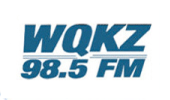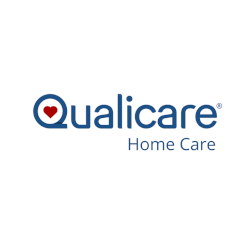 WITZ Banner ad 2020 2_18_2020.jpg
WITZ Banner ad 2020 2_18_2020.jpg
New bill defining Child Advocacy Centers in Indiana law heads to Governor’s desk for signature
House Enrolled Act 1123, authored by Rep. Dale Devon (R-Granger) and sponsored in part by Sen. Mark Messmer (R-Jasper) has passed through the Indiana Legislature with unanimous approval and bipartisan support in both the House and Senate. H.E.A. 1123 aligns Indiana with 41 other states and defines what a child advocacy center (CAC) is, what CACs do, and encourages the use of CACs when responding to reports of crimes against children. The Bill is expected to be signed by Governor Holcomb soon and, upon his signature, be effective July 1, 2024.
“This legislation writes into state law what communities across Indiana were already doing and continue to do during investigations of crimes against children,” says Jan Lutz, Director of the Indiana Chapter of National Children’s Alliance. “Representative Devon and Senator Messmer’s work on this Bill with our partners at the Department of Child Services clarifies the role of CACs, encourages the use of a multidisciplinary team, and ensures that critical information is shared between all parties — including CACs, the Department of Child Services, law enforcement, prosecutors, and healthcare professionals.”
Carolyn Hahn Kremer, Indiana Chapter Treasurer and Executive Director of The CASIE Center in South Bend said, “This Bill will improve the efficiency and effectiveness of our work helping protect children involved in the most difficult circumstances.”
Senator Messmer, who sponsored the legislation in the Senate remarked, “This is a huge step in the ability to protect abused children in our state. I am honored to be part of making this happen!”
Emily Perry, Board President of the Indiana Chapter and Executive Director of Susie’s Place Child Advocacy Centers added, “H.E.A. 1123 protects our staff with the same civil immunity law enforcement, prosecutors, and medical professionals have and it allows CACs and MDTs to respond more effectively than ever before to reports of crimes against children. This Bill adds provisions for information sharing among professionals that have historically created hurdles in ensuring child safety.”
“Limited communication is the root cause of continued abuse, endangerment, and child fatalities. House Enrolled Act 1123 addresses communication barriers, addresses systematic failure, and fights for better outcomes for child victims of maltreatment,” said Tammy Lampert, Executive Director of the Southwestern Indiana Child Advocacy Center Coalition.
“In addition to CACs, the Indiana Chapter is also recognized in state statute now,” says Lutz. “This legislation formally recognizes our method for determining what defines a CAC, their standards for operation, and the breadth and depth of services CACs provide beyond forensic interviews.”
Indiana currently has 26 CACs operating statewide along with five satellite CACs providing coverage for virtually every child in the state. Twelve CACs are accredited by the National Children’s Alliance, meaning they provide minimum best practice service supported by research and study and have been independently peer-reviewed. Regardless of going through the formal National Children’s Alliance accreditation process, all CACs in Indiana have been developed according to national standards.








